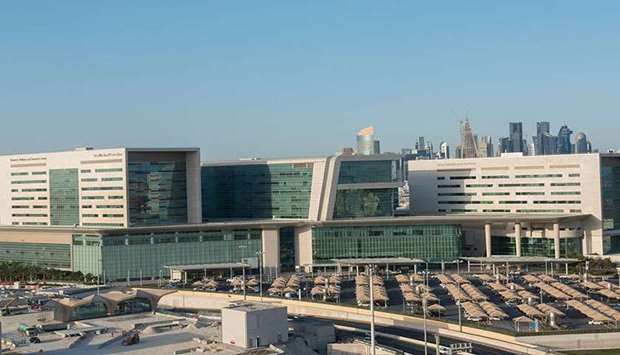 Ameera Al Ishaq |
“These benefits are particularly pronounced for those experiencing depression and loneliness. Engaging in fasting can bring families and social groups closer together and this can be reassuring for individuals who are managing depression or anxiety. Fasting can be a natural way to alleviate the symptoms of many mental health illnesses. Ramadan can also be a great time to break unhealthy habits like smoking and to establish new, healthy habits,” added Al Ishaq.
According to Al Ishaq fasting, and the spiritual and social practices that accompany it, can help some individuals cope with many of the stresses of daily life. The practice of fasting can also help improve self-restraint and support anger management in individuals who are easily angered.
“Fasting and associated acts of worship, such as the Taraweeh prayer, encourage communication and social interaction. For many individuals, the prayers, and the act of praying as a group can have a calming effect,” said Al Ishaq.
Al Ishaq said in addition to causing family conflict, uncontrolled anger and anxiety have long-term negative physical effects and can cause increased heart rate, high blood pressure, narrowing of blood vessels, and increased clotting, all of which can be heart attack triggers.
She notes the Qur’an and Sunnah provide useful guidance on addressing a range of emotions, including anger, and says the Prophet Muhammad offers guidance on how to control anger and overcome the inclination to become angry.
“We are guided to sit down, break the sequence of events, and seek refuge in Allah as a way to move past anger. It is recommended believers make wudu’ as this will help them move away from a place of anger and allow time and space to think before speaking or reacting,” said Al Ishaq.

